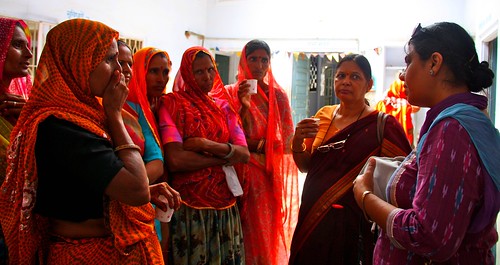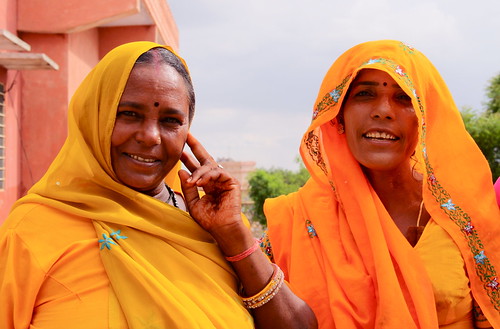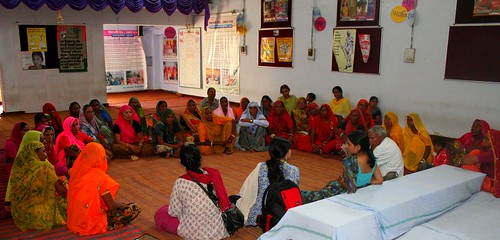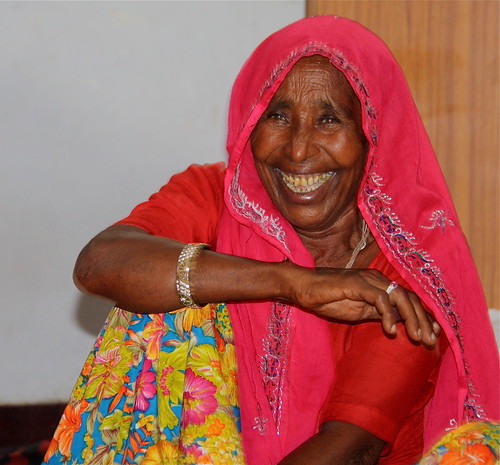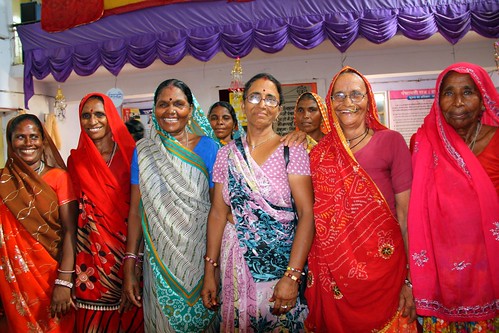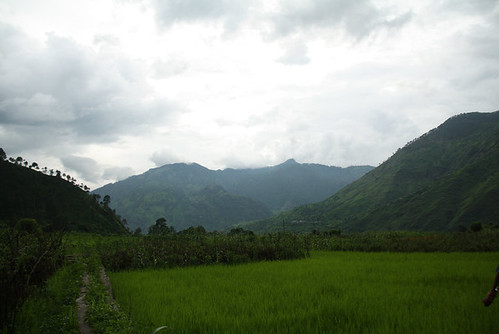
This week, WEA is hosting a two-day strategy meeting in collaboration with our Sacred Earth Advocacy Initiative project partners from the Navajo Green Economy Coalition, and advocates from Dominican University’s Green MBA and the Environmental Finance Center. Our aim is to support the Navajo team in developing the business plan for a visionary initiative: a solar energy project on reclaimed mine land at Black Mesa.
This team, composed of members of Black Mesa Water Coalition and their allies, have worked for years to protect the Navajo Nation's water and mineral resources from exploitation by Peabody Coal Company. Peabody’s operation on the sacred Black Mesa mountain, viewed as a feminine mountain in the Navajo tradition, mined tons of coal each year for 40 years and drained billions of gallons of clean, drinkable groundwater from the Navajo Aquifer beneath the mine in order to "slurry" (move) coal to affiliated power plants. Peabody's operation contaminated the land, brought illness to the surrounding communities, and prolonged the region’s dependence on coal.
In the face of decades of
 environmental and cultural desecration, the women leading the Black Mesa Water Coalition in Flagstaff, AZ and their colleagues take a multi-faceted approach to protecting the land. While building coalitions and engaging decision-makers at every level in order to oppose the mine, these leaders also envision and implement solutions to the long-term problems of poverty and lack of economic development resources on the Navajo Nation. They are building a new consensus among Navajo leadership that green energy makes good economic sense, evidenced by the summer 2009 historic establishment of a Green Economic Fund and Commission by the Navajo Nation Council.
environmental and cultural desecration, the women leading the Black Mesa Water Coalition in Flagstaff, AZ and their colleagues take a multi-faceted approach to protecting the land. While building coalitions and engaging decision-makers at every level in order to oppose the mine, these leaders also envision and implement solutions to the long-term problems of poverty and lack of economic development resources on the Navajo Nation. They are building a new consensus among Navajo leadership that green energy makes good economic sense, evidenced by the summer 2009 historic establishment of a Green Economic Fund and Commission by the Navajo Nation Council.Now this team is working to bring an unprecedented 20-200 MW solar project to the reclaimed mine land – bringing clean energy and economic benefits to the communities surrounding the mine, restoring the reclaimed mine land and ensuring its productivity in a non-harmful way, and modeling grassroots-driven renewable energy development for communities across the United States. WEA’s Sacred Earth Advocacy Initiative works to link the Black Mesa team with experts in business and organizational development, federal law, and policy advocacy, to support this groundbreaking work in coming to fruition.
In addition to saying “no” to harmful development projects that negatively impact their lands and communities, indigenous environmental justice leaders are saying “yes” to alternative systems of energy production and economic development. Women lead the way in the grassroots-based emergence of local and regional solutions to the problems that are typically the sole province of state and federal officials, such as green energy and economic development. WEA is honored to support this work through our strategic partnerships within our Sacred Earth Advocacy Initiative, so that the vision of a just transition from coal to renewables can be fully realized.

